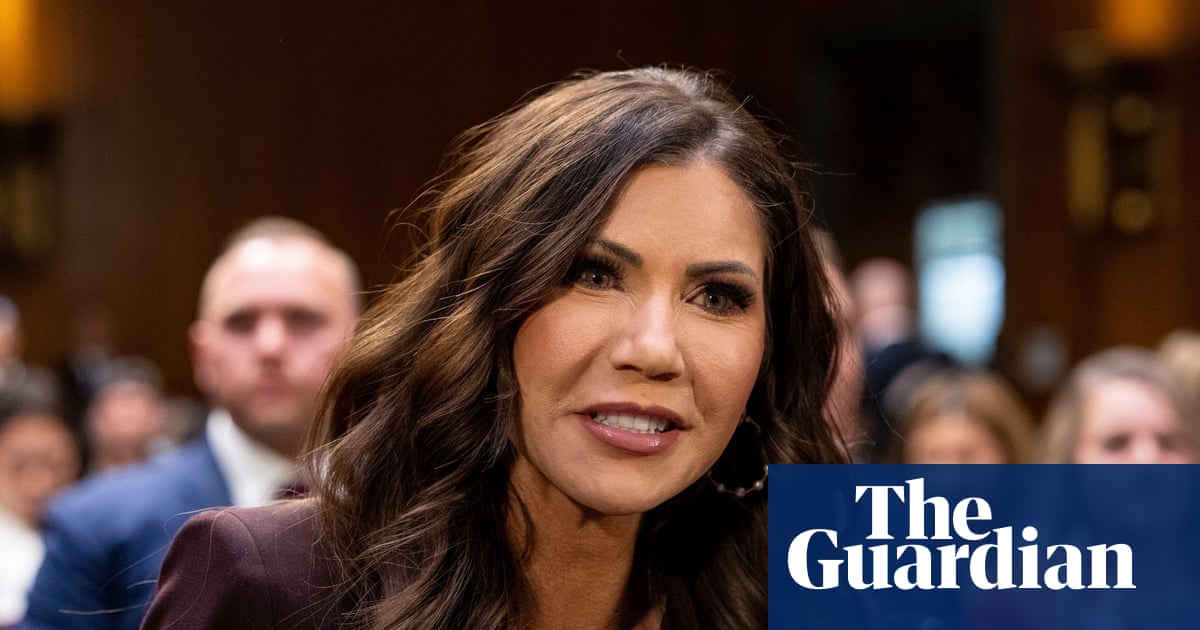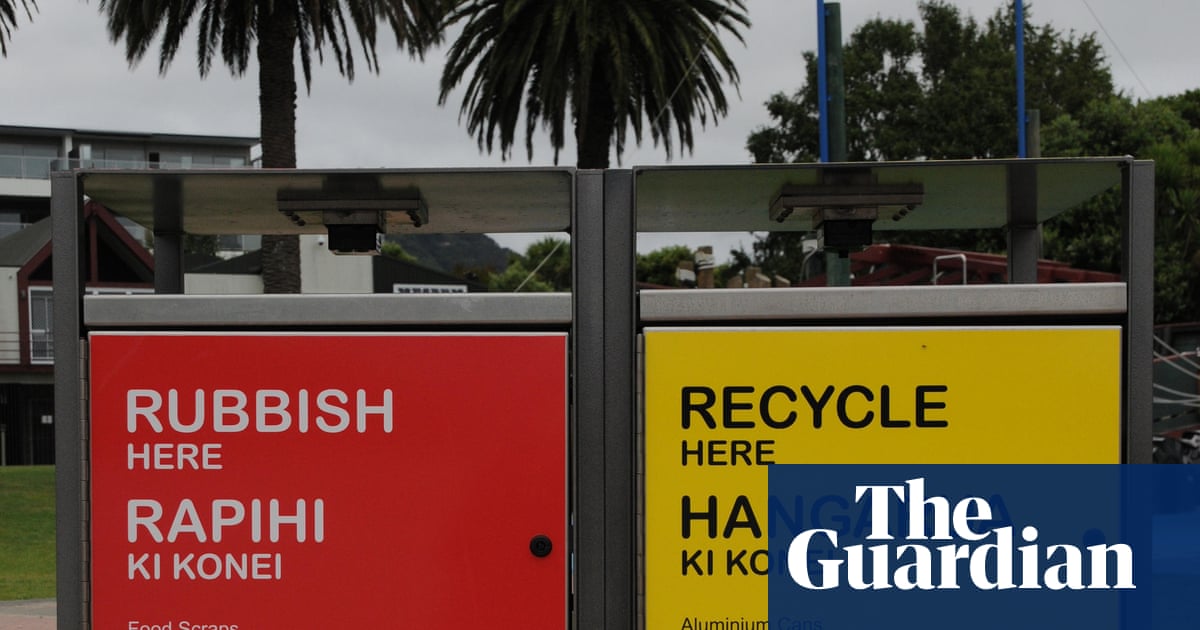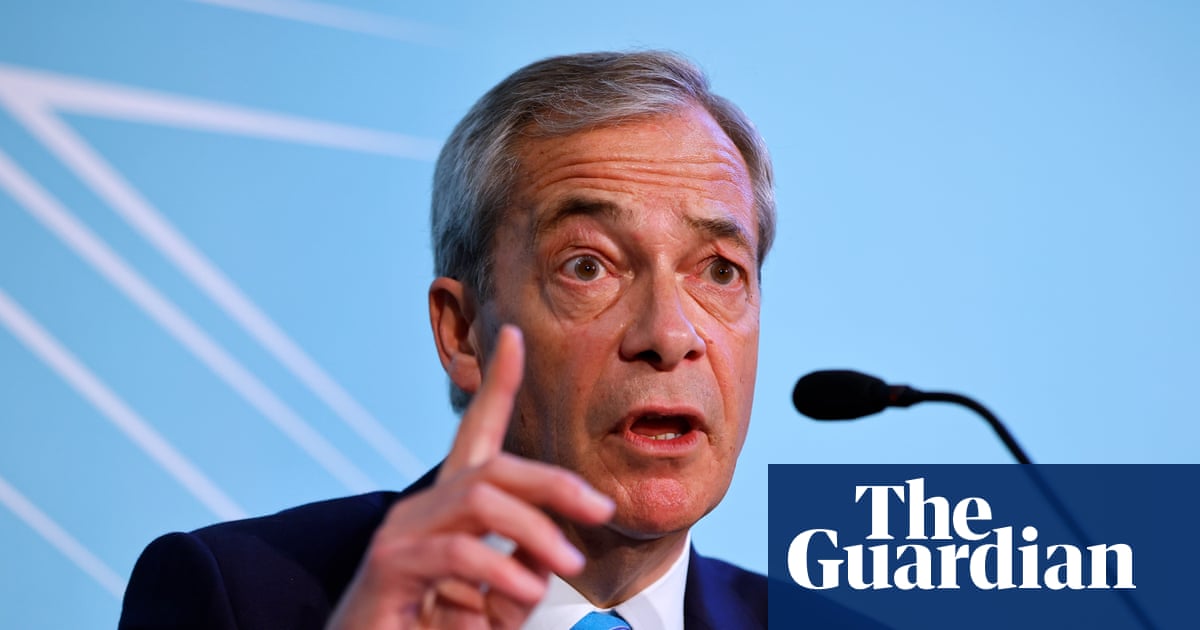British American Tobacco has been accused of “utter hypocrisy” for lobbying against tobacco control measures in Africa that are already in place in the UK.
A letter seen by the Guardian, sent from the company’s subsidiary in Zambia to the country’s government ministers, asks for plans to ban tobacco advertising and sponsorship to be abandoned or delayed.
The tobacco firm seeks changes to a draft bill that include reductions in the proposed size of graphic health warnings on cigarette packaging, the removal of restrictions on flavoured tobacco products, and watered-down penalties for any firms breaking the new laws.
“If I was a politician, I would say that they permit the protection of the British people and perpetuate the death of the Zambian people,” said Master Chimbala, a Zambian anti-tobacco campaigner.
More than 7,000 Zambians a year die from tobacco-related illnesses, according to World Health Organization (WHO) estimates.
Chimbala said the letter was understood to have been copied to several government departments and was in circulation among civil society groups.
It comes amid wider concerns about industry interference with health policies. Last month, WHO officials issued a warning that the tobacco industry was intensifying efforts to weaken global control measures.
Jorge Alday, director of the tobacco industry watchdog STOP at health organisation Vital Strategies, said: “We see evidence of industry lobbying everywhere. Tobacco company fingerprints are on delayed tax increases in Indonesia, stalled legislation in Zambia and even a weakened declaration at the UN high-level meeting on NCDs.
“If a tobacco control measure isn’t passed because of this letter, the price could be paid in lives of people who might otherwise quit smoking.”
The tobacco control bill going through Zambia’s parliament includes proposals to go further than UK legislation by also applying to e-cigarettes, and mandating that graphic health warnings cover 75% of product packaging.
In the letter, BAT suggests this be reduced to 30% or 50% “within the WHO-FCTC [Framework Convention on Tobacco Control] recommended threshold”, delayed for at least 12 months after the bill passes.
The WHO in fact recommends a warning should cover at least 50% of the front of a pack “and aim to cover as much of the principal display areas as possible”. In the UK, warnings must cover 65% of a packet’s front and back.

BAT asks for the removal of broad restrictions on flavoured tobacco products, suggesting that it would push consumers toward “illegally traded” products. It suggests prohibiting a smaller list of “flavours based on desserts, candy, energy drinks, soft drinks and alcohol drinks”. All flavoured cigarettes have been banned in the UK since 2020.
The draft bill suggests penalties for various offences “ranging from a percentage of annual turnover to 10 years’ imprisonment”.
In the letter, Mukubesa Maliande, managing director of British American Tobacco (Zambia) plc, says the firm is “committed to good corporate behaviour” and “supports the objectives of governments to reduce smoking incidence and the associated health impact” but claims that “some regulations can have unwelcome and unexpected consequences.”
Chimbala said BAT’s proposed changes would “weaken this legislation so much that the impact needed for it to cause long-term change in society will not be achieved”.
The fact that many such provisions existed in the UK, where BAT is headquartered, was “utter hypocrisy itself”, he said.
“We live in a global village. If I plant tobacco in my back yard and harvest that and sell it out – and my children do not consume tobacco, but my neighbour’s children do … to enrich myself and all the generations of my children while my neighbour’s children are dying … is in itself total emotional, moral and spiritual bankruptcy.”
Tobacco control legislation in the UK or elsewhere had not caused companies to close, Chimbala said. “Legislation never shuts down the industry. It only protects the people.”
A BAT Zambia spokesperson said: “BAT Zambia conducts its business in compliance with applicable local laws. Further, the company participates in the country’s legislative process in line with the relevant frameworks which provide for stakeholder participation in policymaking.”
The company was “not opposed to regulation”, they said, adding that underage people should be protected from access to tobacco and nicotine.
“We advocate for progressive regulation to achieve intended public health goals, while acknowledging the spectrum of rights and obligations on industry, consumers and related stakeholders,” they said, adding that BAT’s proposals “reflect the realities of the Zambian market and tobacco industry, which includes rising levels of illicit trade”.
Zambia’s department of trade, commerce and industry was approached for comment.

 3 months ago
80
3 months ago
80

















































